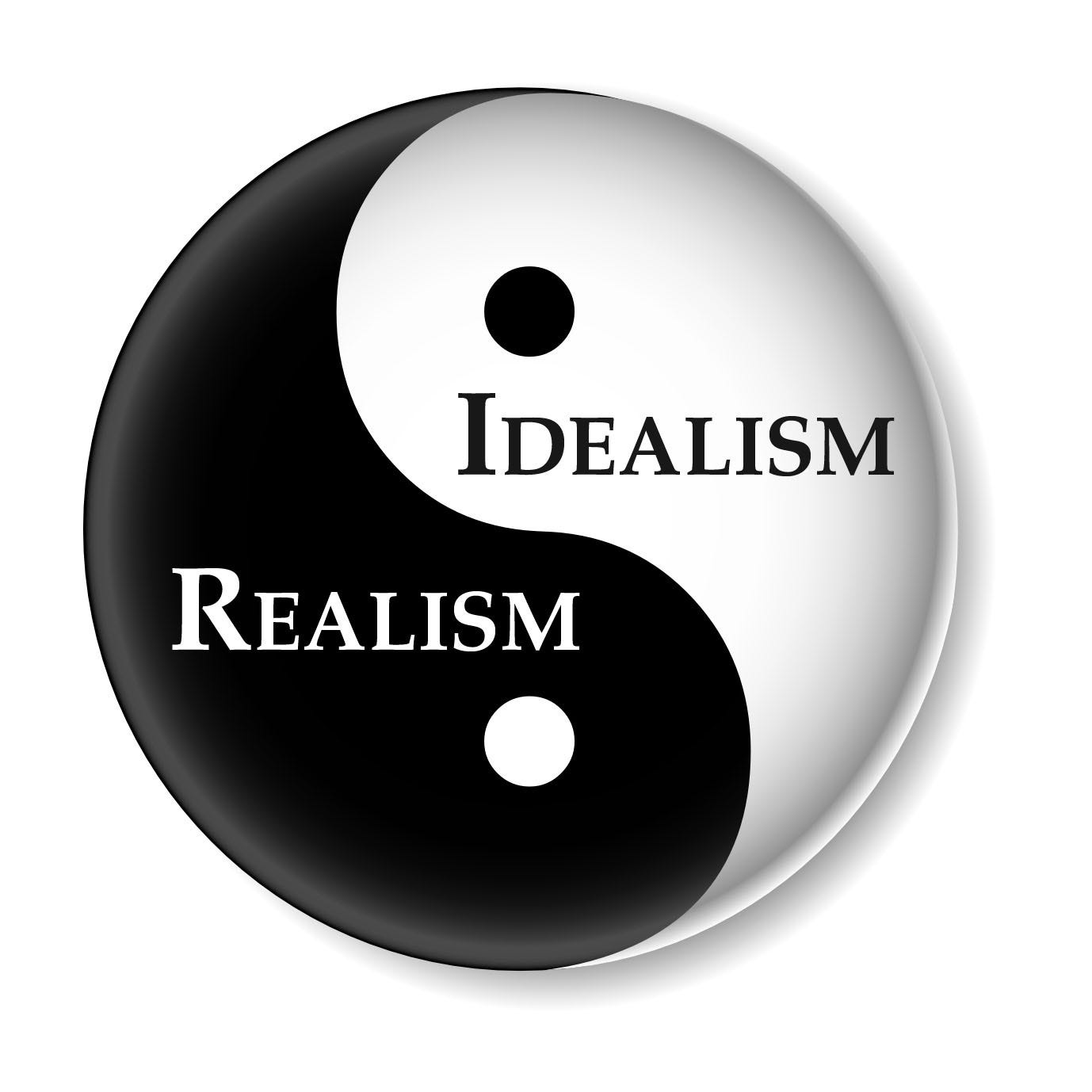Day 7
Posted in Uncategorized on September 25, 2018 by etitusWhat is noise? How does a conversation take place? Is information the same as meaning? These are some of the questions we reviewed in class to help us better understand the evolution of technology in the WWII/Cold War era.

To start with, exactly what is noise? A lot of us were stumped on this. Surprising? Try putting it into your own words. Go ahead and pause for a moment… … … … … Not so easy. To us, noise is just noise, something we don’t really want to hear. Like this guy –>
However, we were talking more along the lines of electrical noise, or more commonly known as white noise (why white specifically? Does noise have a color?). One of the greatest problems with telephones in the early days was white noise. Say you’re in your house in the 1940s. You call your next door neighbor, and you have a perfect connection, no noise in the background. Now try calling your parents, who live two states away. It’s a lot more difficult to hear their voices due to the electrical noise invading the signal. In the classroom, students in the back of the room have a harder time hearing the teacher because of the phenomenon known as the signal to noise ratio. Essentially, the further from the origin of the signal you are, the more noise that interferes, which makes it harder to hear.
Now for the conversation. These ideas are linked, I promise. In order to have a conversation, there has to be noise, right? (preferably not, but it’s there anyway). Have you ever heard of “The Mathematical Theory of Communication”? For those in Comm 100/101, this chart may look familiar to you.

Although this is mainly referring to telephony and computer data transferring, this also applies to plain human speech. Information travels from the speaker, through a microphone, through space (interacting with noise interference), outpouring through speakers in the room, to land upon the ears of the audience. Now the question becomes, what is information?
Claude Shannon argues that information has nothing to do with the meaning of the message. To clarify in the words of my teacher, “information has been disaggregated from meaning”, which is a fancy word for saying that we’ve taken information outside of its original context. This can be conveyed through redundancy in speech. Imagine information as the words on a page. In reading this blog post, you’ve read tons of redundancy without realizing before reaching this point. For information to be passed on, all that’s needed is a sentence like so: “U ppl dnt reed t bk”. Need a minute, or did you read over it as if the missing letters were there to begin with? “You people didn’t read the book” is the technically correct English, yet all that was needed to understand the message was those few characters. Claude Shannon knew this, and was actually able to statistically produce words that nearly created a cohesive meaning in a sentence. Our language is predictable, and redundant. Who knew?


 Max Weber: German Sociologist in the late 19th century once believed that modern life in the Industrial era would drive away ideas of the magic and supernatural, in favor of rationalization.
Max Weber: German Sociologist in the late 19th century once believed that modern life in the Industrial era would drive away ideas of the magic and supernatural, in favor of rationalization. For a relatively short book, it was packed with information about technology and how it has affected our minds. Surprisingly not a completely dull read for a class textbook, although many points were reiterated a few too many times.
For a relatively short book, it was packed with information about technology and how it has affected our minds. Surprisingly not a completely dull read for a class textbook, although many points were reiterated a few too many times. Now fast forward about 500 years to our present, and we’re presented with a similar, yet still astounding, the ebook. Now books are written and released to the public through computer technology. The consequences of this? Carr argues that this has caused a fundamental struggle in close reading and short attention spans.
Now fast forward about 500 years to our present, and we’re presented with a similar, yet still astounding, the ebook. Now books are written and released to the public through computer technology. The consequences of this? Carr argues that this has caused a fundamental struggle in close reading and short attention spans.
 The “how” of this was quickly explained by the professor as volume control. Turn up the volume of an old(er) song, and there are quite a few noticeably quieter points in the song, due to the softness of the singer’s voice; yet Katy Perry’s song remains “static”, as my teacher explained.
The “how” of this was quickly explained by the professor as volume control. Turn up the volume of an old(er) song, and there are quite a few noticeably quieter points in the song, due to the softness of the singer’s voice; yet Katy Perry’s song remains “static”, as my teacher explained.